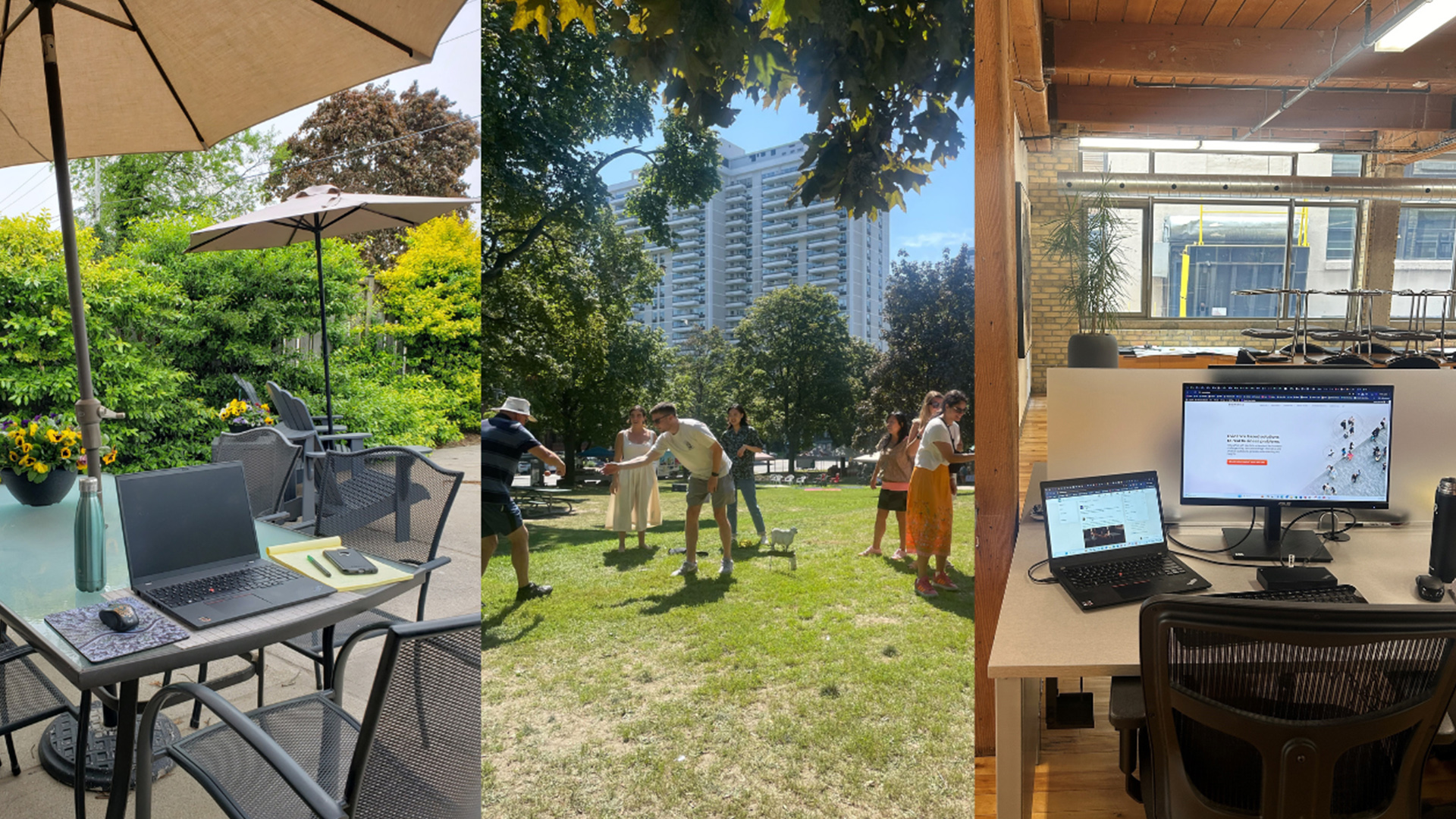Rethinking the work environment: Help employees thrive
ARTICLE
BY BARRY WATSON
The model of how people deal with their pending mortality developed by Swiss psychiatrist Elizabeth Kubler Ross has had a significant impact on how many people understand hard truths and traumatic situations. In Kubler Ross’s five-stage schema, denial comes first, then anger, bargaining, depression and finally acceptance.
This model has become a cultural touchstone far beyond the world of death and dying. It came to mind for me recently as I thought about the lofty world of commercial real estate. Commercial real estate is a key pillar of the economy, a bastion of stability and growth for decades. Recently, however, this sector has been faced with unprecedented vacancy rates and its appeal for investors has taken a hit.
Those of us who had to deal with real estate people during COVID were told we were crazy to think that employees wouldn’t flock back to the office once the pandemic was under control (denial). I heard numerous accounts of landlords being very impatient with tenants who thought it was time to work out a new deal (anger). But it appears that acceptance is now starting to appear as financers are rethinking the role of office space in their portfolios.
Employers who were forcing staff to return to the office at least in part to justify the long-term commercial real estate decisions they had made are also coming to accept the new reality.
Recently, as organizations have competed intensely for talent, employees have enjoyed new power and autonomy. Many have felt better able to influence company policy and as they strive to achieve the work-life balance that has become increasingly important to them. Recent research shows that Canada tops the list of 34 countries in terms of desire to work from home, something that is consistent with the motivations and aspirations we see in our social values research.
While recent labour shortages shone a light on employees’ desire for flexibility and work-from-home (WFH) options, this preference has been a long-standing trend, on the rise for years even before the pandemic. As the labour market cools, it will be easier for employers to ignore employee preferences in the near term – but the trend is very likely here to stay.
Research on the level of productivity associated with working from home shows a surprisingly wide range. Early reports showed a hike in productivity when people worked from home, although that has been revised to lower levels more recently. A diverse and changing productivity picture isn’t surprising given the range of work environments and company cultures, as well as organizations’ varying needs for collaboration and integration. But we see that with the right corporate culture, knowledge workers can find the right mix of individual work and collaborative work, supported by relatively little time in the office.
But just what is an office in that case? Is it the dedicated space the employer has as a major cost line, or is it wherever staff can work productively together or alone?
Our research shows the things that office workers seek most from their ideal work environments. A forced-choice selection of those work values that are of “critical importance” (from a list of 11) surfaced the following top priorities: “Trust and Trustworthiness” (top value chosen by 15%); “Empowerment and Autonomy” (11%); Acceptance and Belonging (11%); and Collaboration and Teamwork (10%). We see here a belief that the ideal workplace creates opportunities to mix communitarian with individual values, and for employees to be recognized for expressions of both individual and group efficacy and productivity. Do these motives represent a new kind of balance that employers should seek to strike wherever their employees work? How can office spaces and WFH schedules be designed to manifest and optimize this mix of employee values?
We see two sets of conditions that characterize the most supportive environments. One is that of mutual trust between employee and employer. When trust flows both ways, employees are empowered to make good decisions about how they do their work. This dynamic goes hand in hand with a positive and cohesive company culture, where there’s a shared sense of what is reasonable – including with respect to where work gets done. The second set of conditions for success in flexible work arrangements is the ability and willingness to collaborate: people need to feel they’re part of a team, and have the tools and spaces they need to work together (however those are defined). Traditionally offices provided the space, but COVID taught us that other spaces worked as well or better.
Clearly this is not a formula that will work in every work environment, at least not at the moment. Each organization will need to chart its own path based on its teams and the business it’s in. Navigating these questions effectively requires thoughtful attention to corporate culture. A good culture sets the foundation in which organizations can introduce – and adjust – new norms and routines in a productive way that benefits both employees and the organization.
There is no doubt that offices will continue to be an important part of the landscape. But just as employers once scrambled to install foosball tables or convert storerooms to meditation or yoga space, successful employers now need to understand how people are working to accomplish their various tasks, and with whom, and what sort of space is needed to support that. Simple changes to office environments with new flashy toys are not going to cut it. They need to ask what the individual and social needs of their workforce are. We see that the most engaged and productive staff are those who feel they belong and count other employees among their best friends. What office environment supports that?
It’s past time to rethink what environments are needed to support employees for the future and forget about returning to the way things were.
Find out how our team can help your organization
Related insights



Toronto
366 Adelaide Street West
Suite 101, Toronto, ON
Canada M5V 1R9
416 920 9010
Ottawa
135 Laurier Ave W.
Ottawa, ON
Canada K1P 5J2
613 230 5089
Calgary
421 7th Ave SW
Suite 3000, Calgary, AB
Canada T2P 4K9
403 613 5735
